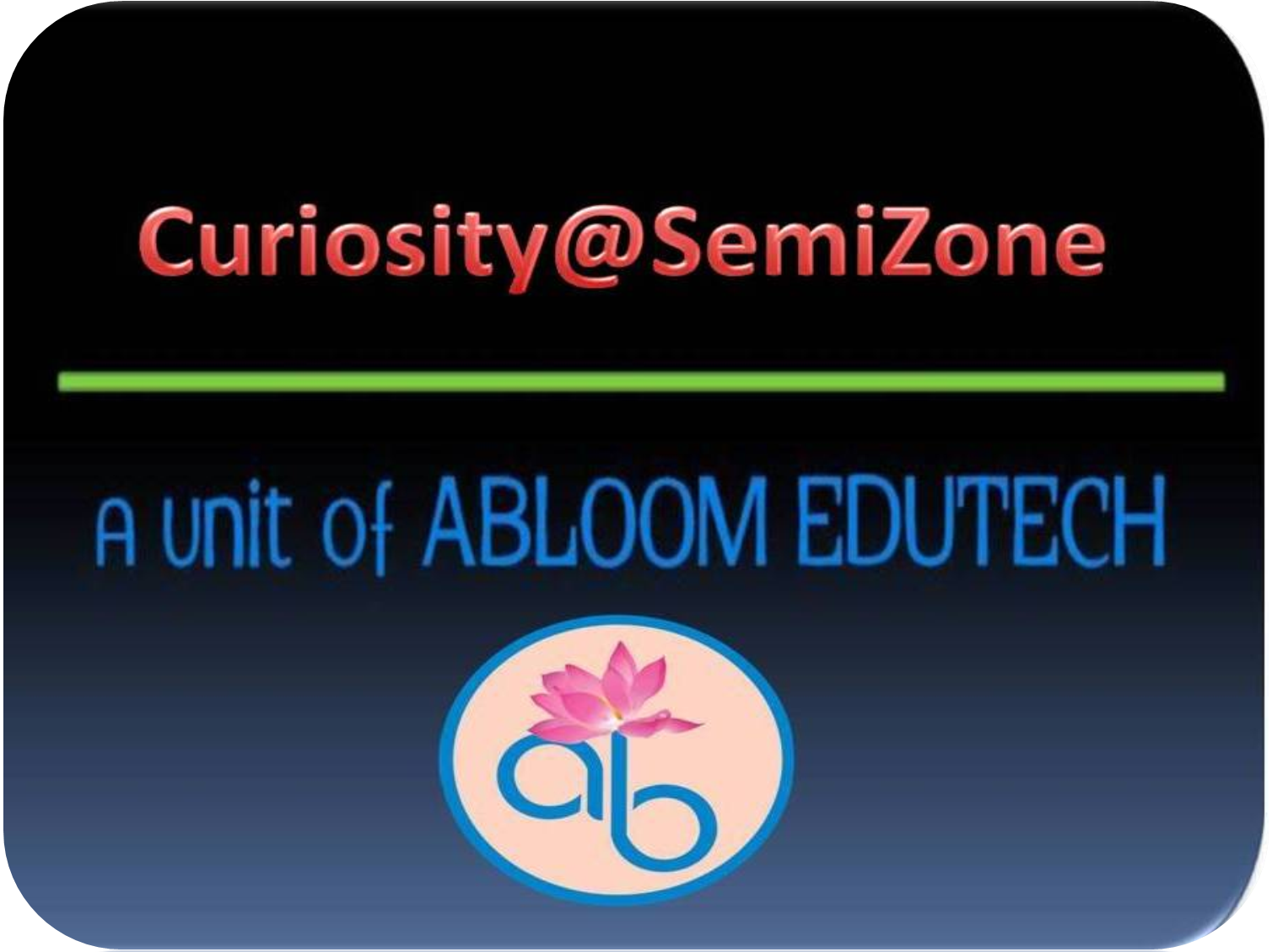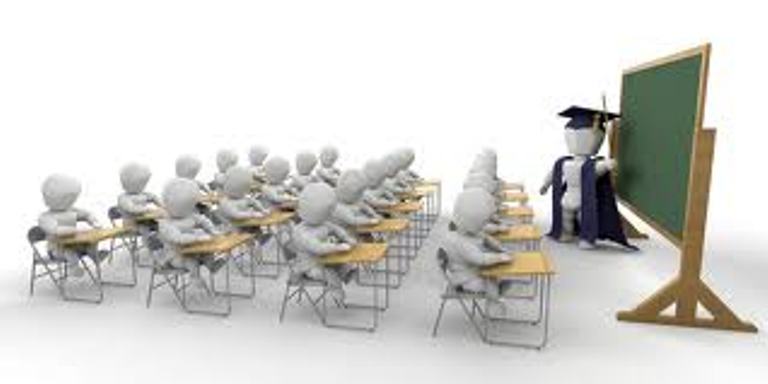 |
 |
+91-9990599517 +91-9899517150 |
 |
|
|
 |
|
It is a knowledge mobilization initiative based on a developmental health perspective designed to make current research accessible to anyone interested in learning more about the profound impact of the early years on lifelong health and wellbeing. We are striving to nourish students with scientific ability who will lead the 21st century. For this reason, we have adapted the advance science education model and have systemized the educational curriculum and tutoring course which is designed for the education of our country needs. To interest children in artificial intelligence, our curriculum includes systematic constitution which is suitable for children's recognition development process. Not only is the students able to improve their problem-solving ability, intelligence and application ability, but they also can build up their confidence in science by the strong basic training, school learning and practical use in life. The Curiosity@SemiZone is a resource of global concern. With a focus on the developmental health perspective, the Science of Early Child Development provides an overview of relevant topics, current research and practical links to practice in five modules: • Brain development includes the most recent research into the developing brain. Concepts such as biological embedding and epigenetics help to demonstrate how genes and early environments together shape development and follow children throughout their lives. • Coping and Competence explores key concepts such as self-regulation and why some children display resiliency and thrive in challenging environments while many do not. Crying, temperament, fear, stress, and aggression are all studied within a focus of caring relationships. • Communicating and Learning features an exploration of how children think and learn including exciting new understanding of infant memory. Language and literacy, and mathematical understanding are some of the key topics as research is used to outline the best practices and environments to support children’s learning. • The Ecology of Childhood looks at the contexts of early child experiences including home life, early childhood programs, communities, and government policy. The positive effects of early interventions are provided as guides for optimizing the environments of young children. • Developmental Health provides a clear overview of how and why the early years have such a long-term impact on both individuals and societies. Social gradients are explored with insight into how different communities respond differently to the needs of the early years with marked differences. |
 Follow us on Facebook Follow us on Facebook |





